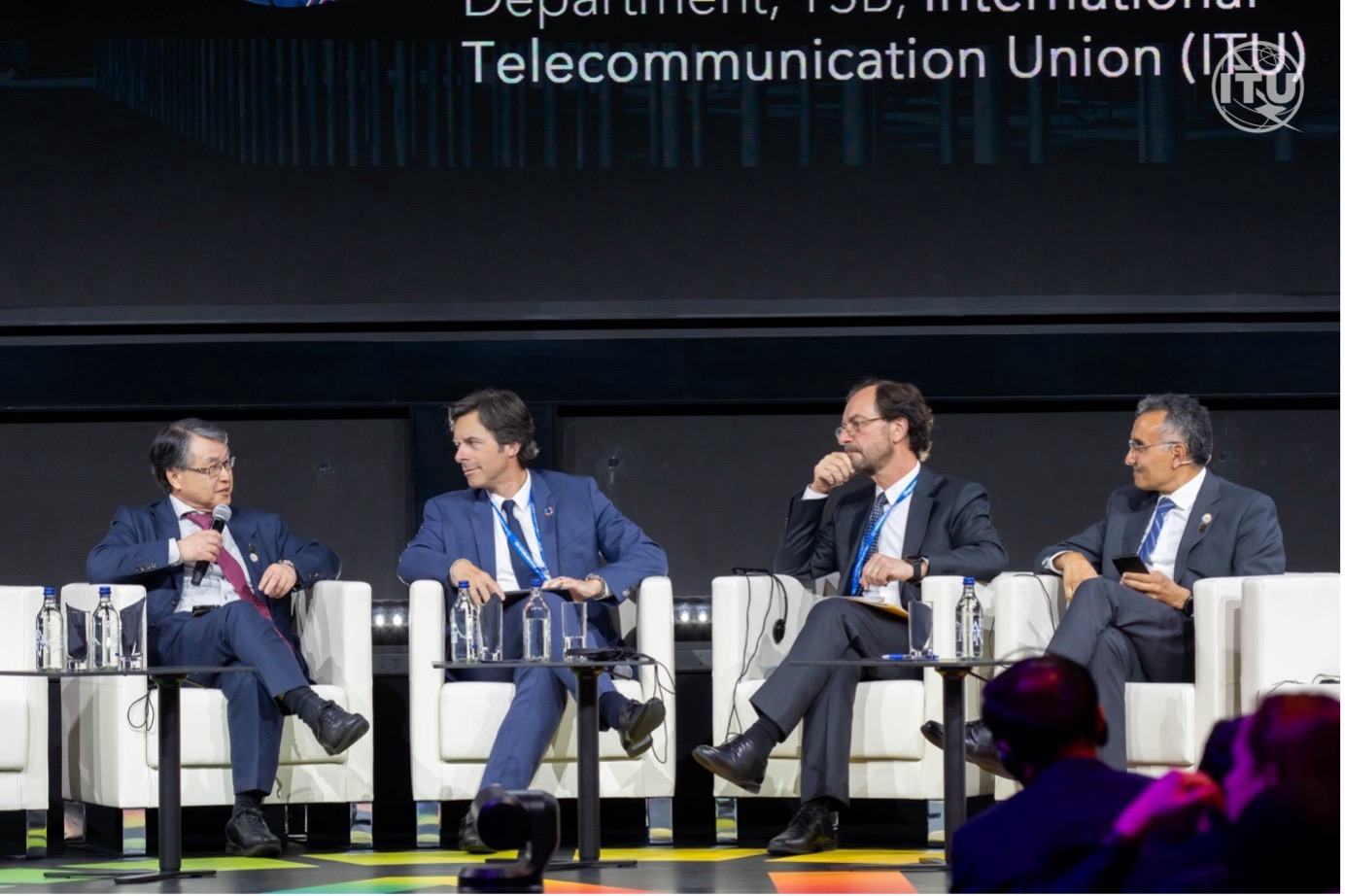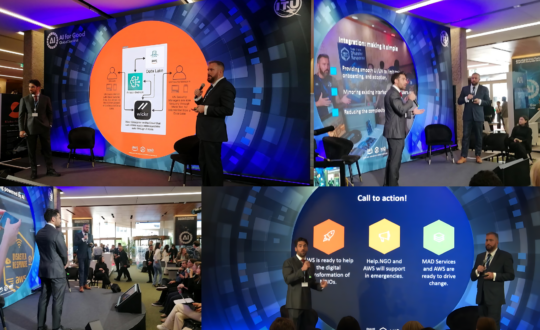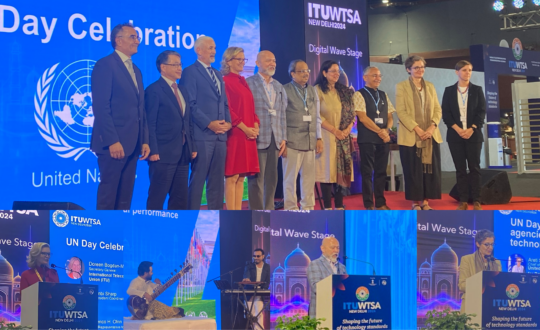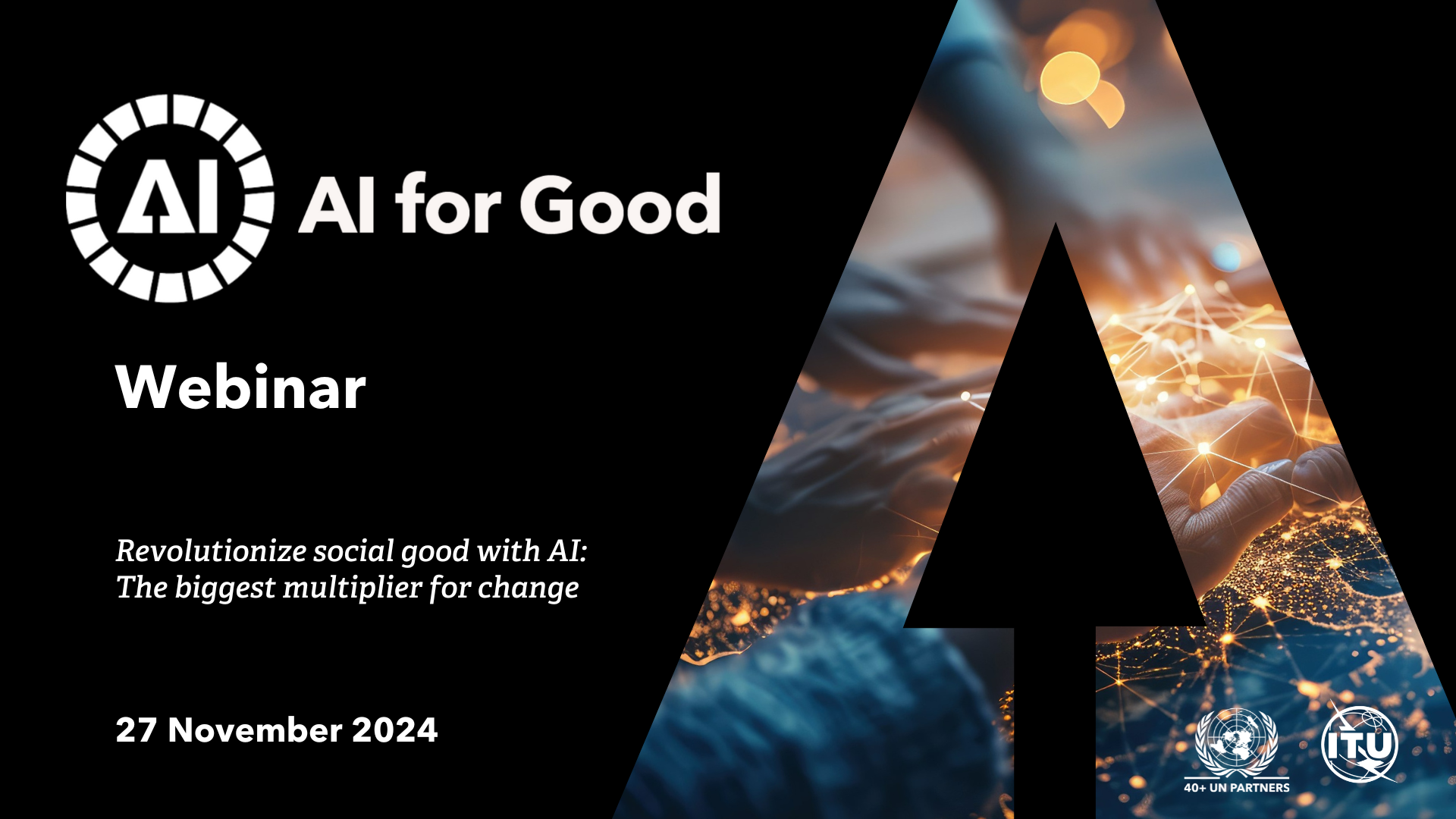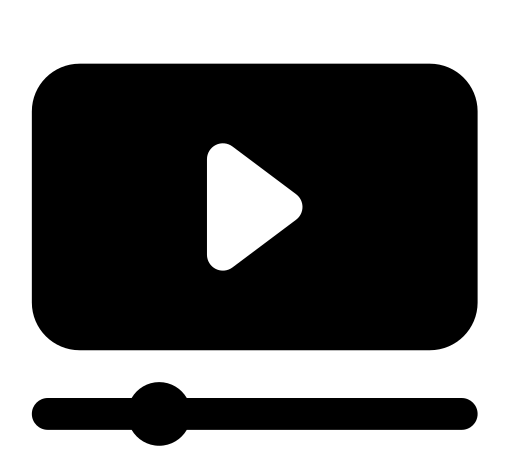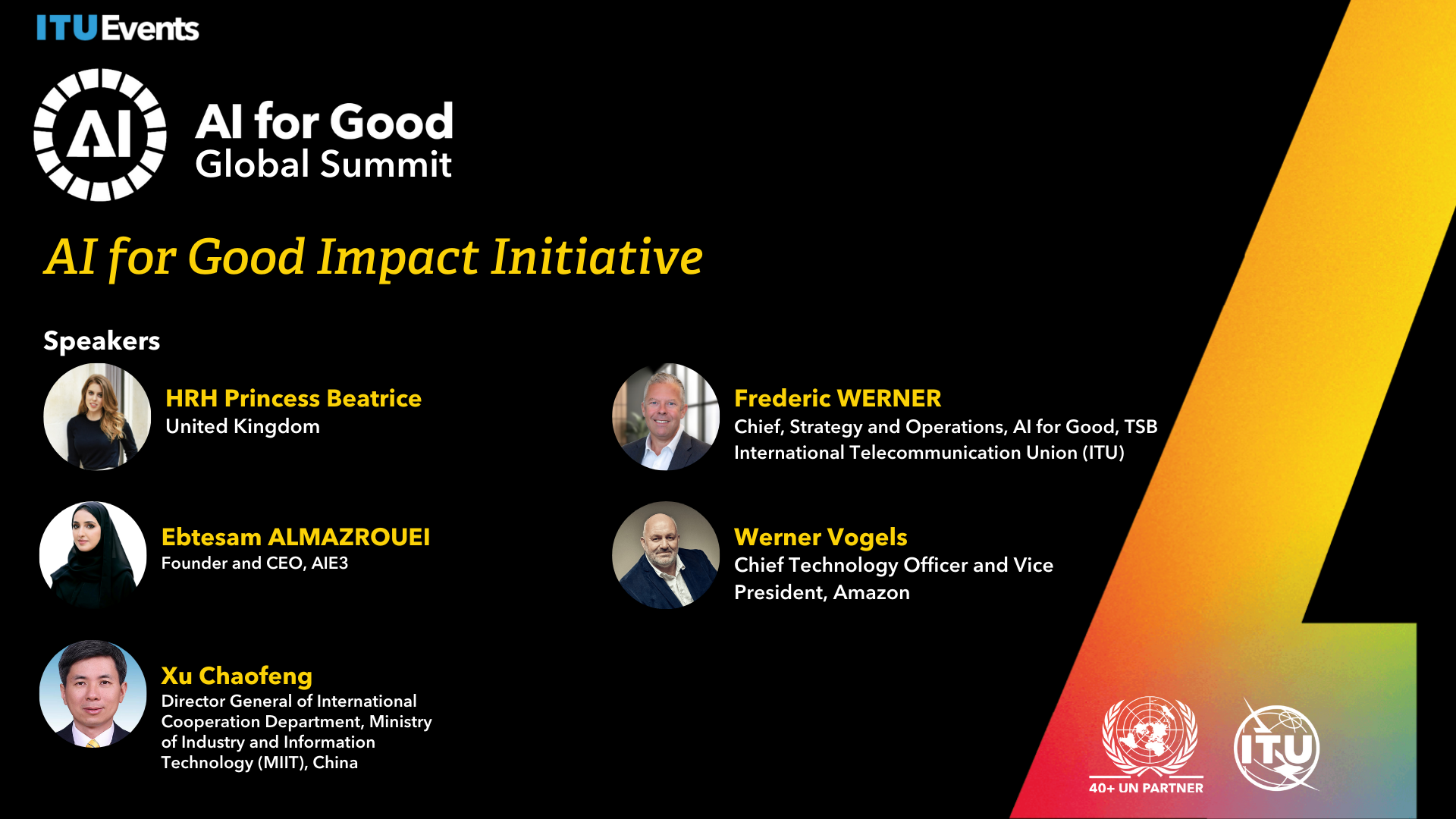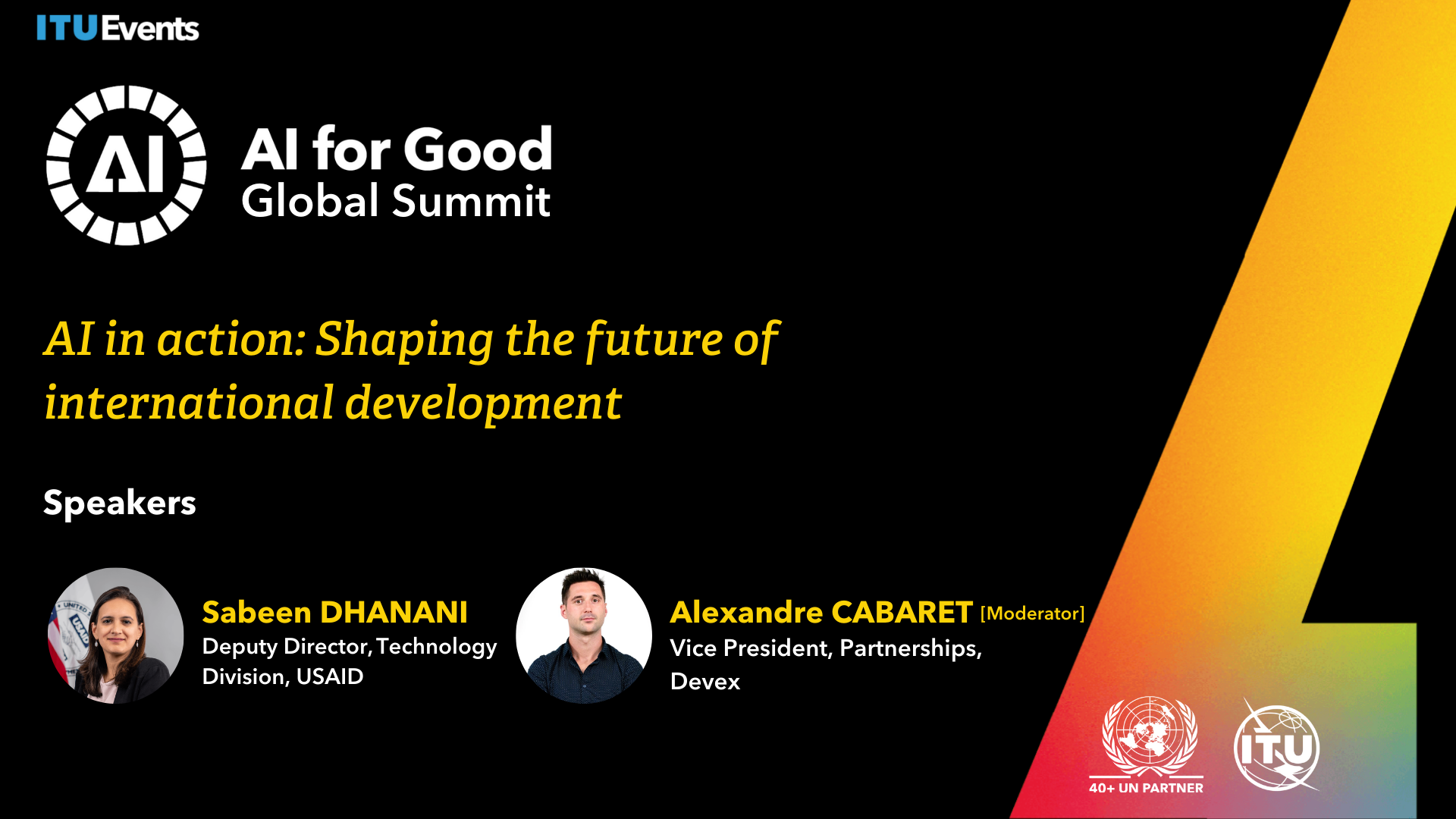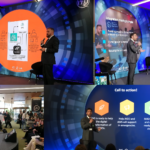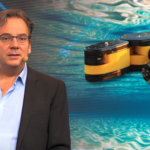Discover the full AI Governance Day 2024 Report – From Principles to Implementation here.
Panelists:
- Seizo Onoe, Director of the Telecommunication Standardization Bureau (TSB), International Telecommunication Union (ITU)
- Philippe Metzger, Secretary-General & CEO, International Electrotechnical Commission (IEC)
- Sergio Mujica, Secretary-General, International Organization for Standardization (ISO)
Moderator:
- Bilel Jamoussi, Deputy to the Director and Chief of Telecommunication Standardization Policy Department, International Telecommunication Union (ITU)
The harmonization of AI standards is essential for addressing the complex challenges and opportunities presented by AI technologies. The collaborative efforts of ITU, IEC, and ISO are providing a unified framework for AI standards, ensuring trust, safety, and interoperability. Through coordinated action and public-private collaboration, these organizations are well-equipped to lead the way in AI standardization, fostering a sustainable and inclusive digital future.
The unique position of IEC, ISO, and ITU in standardization
IEC Secretary-General Philippe Metzger set the stage by emphasizing the historical significance and complementary nature of the three organizations.
“We certainly consider ourselves leading standards development organizations. ITU is probably the oldest global international organization founded in 1865, ISO in 1947, IEC in 1906. I think we have a long track record and consider ourselves sister organizations because we are quite complementary in what we are doing.” (Philippe Metzger)
Mr. Philippe Metzger highlighted that these organizations operate on principles of transparency, diversity, inclusivity, and consensus. He also noted the adaptability of these organizations to emerging technologies like AI.
“We are consensus based, the standards that we are producing are really reflecting global involvement of […] communities. […] Our systems have proven to be quite adaptable despite the long age of our organizations. AI is the next big dimension, stemming from the foundations we have already been working on.” (Philippe Metzger)
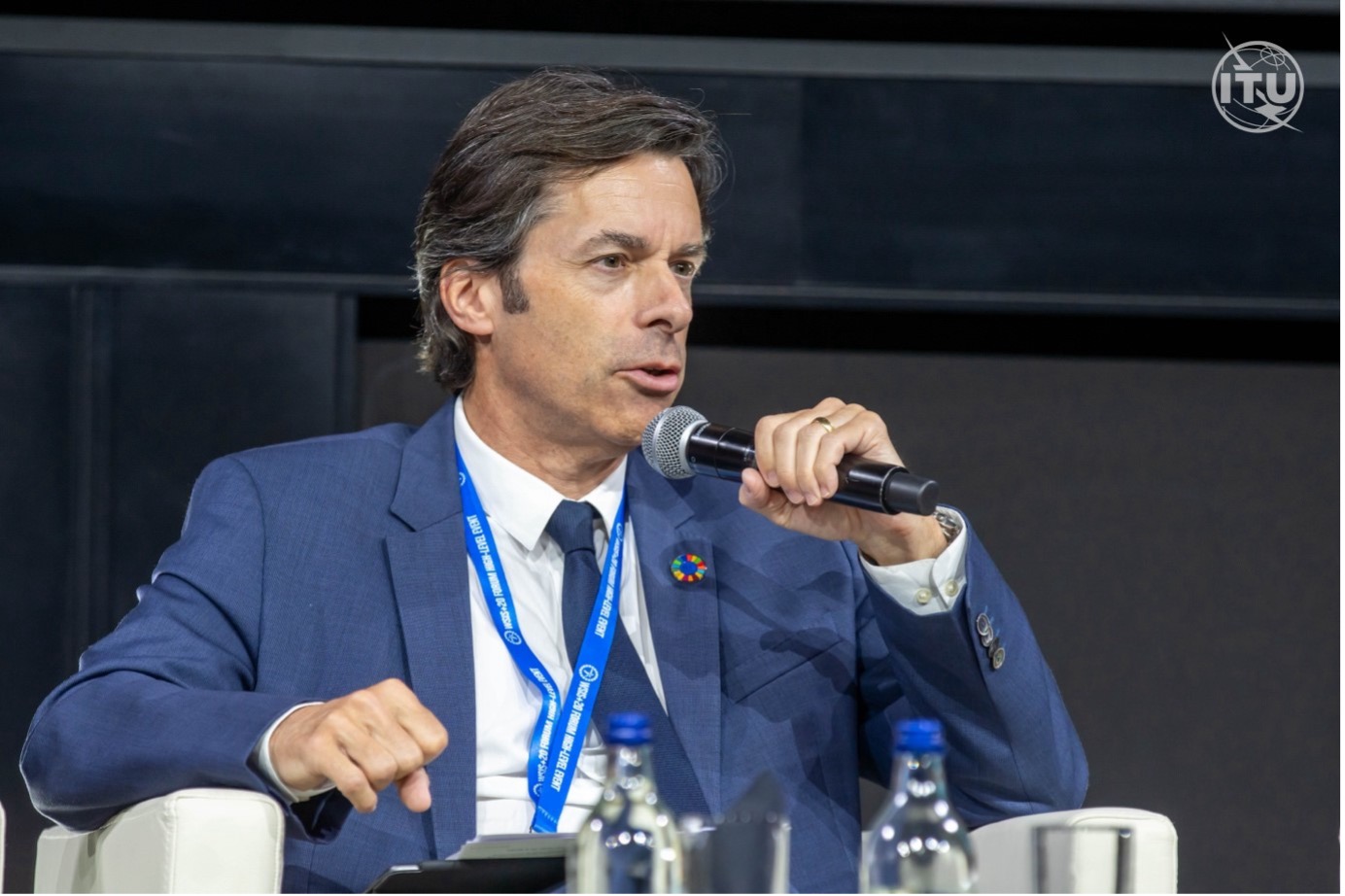
Philippe Metzger, Secretary-General & CEO, International Electrotechnical Commission (IEC)
The importance of coordinated action
ISO Secretary-General Sergio Mujica underscored the necessity of coordinated action among the three organizations to provide clarity and consistency in AI standards.
“It is our responsibility as leading organizations in the area of standardizations to provide something that makes sense to everyone. People don’t care whether it is an ITU, IEC, or ISO standard; they want to know what it is and how it addresses AI-related challenges.” (Sergio Mujica)
He elaborated on the World Standards Cooperation (WSC), which facilitates this collaboration.
“The WSC focuses on two main areas: technical collaboration and promoting a positive message about standardization. We coordinate our work programs and create tools for operationalizing our collaboration.” (Sergio Mujica)
Mr. Sergio Mujica highlighted a concrete example of successful collaboration: the development of high-efficiency video coding. This example illustrates how coordinated efforts can lead to significant advancements and global recognition.
“A wonderful example when we talk about the high efficiency video coding, is the fancy solution that we have created to compress ultra-high-definition TV videos, recognized with an Emmy award.” (Sergio Mujica)
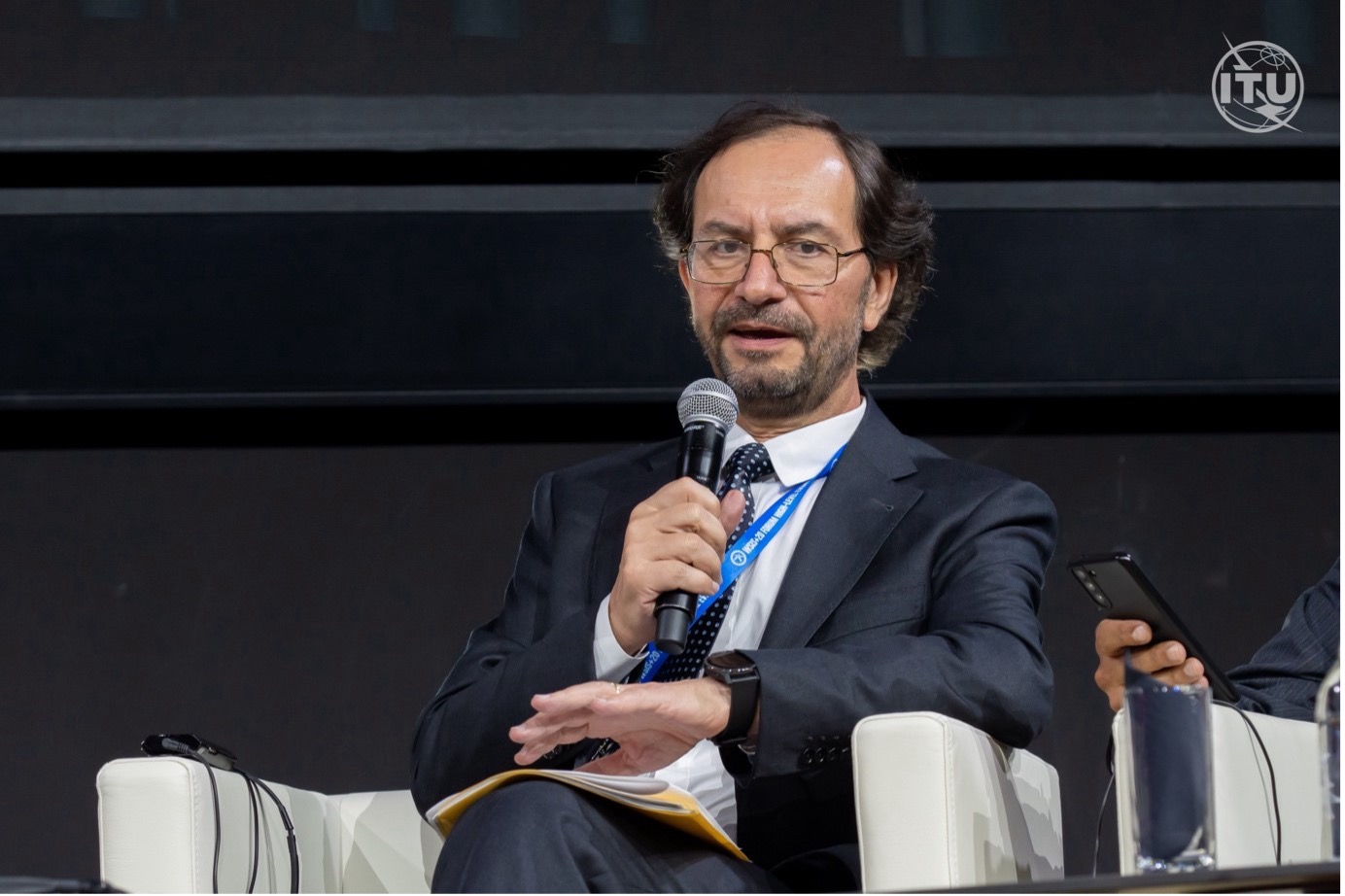
Sergio Mujica, Secretary-General, International Organization for Standardization (ISO)
Public-private collaboration and policy objectives
Mr. Seizo Onoe, Director of ITU’s Telecommunication Standardization Bureau, discussed the role of standards in supporting public-private collaboration and achieving policy objectives.
“Standardization itself is an outcome of public-private collaboration. In the process of standardization, we have involvement from many stakeholders, including governments, regulators, and companies.” (Seizo Onoe)
Mr. Seizo Onoe provided examples of how voluntary standards can aid policy objectives, particularly in areas like service quality and sustainability.
“Regulators promoting good service quality work with companies specializing in service quality KPIs and monitoring tools to develop standards that capture the common understanding between companies and regulators.” (Seizo Onoe)
He also emphasized the role of standards in supporting policy and regulation.
“Policy and regulation can establish rules, and technical standards can provide practical tools to uphold these rules. For example, security controls set by standards are practical tools to ensure safety and privacy.” (Seizo Onoe)
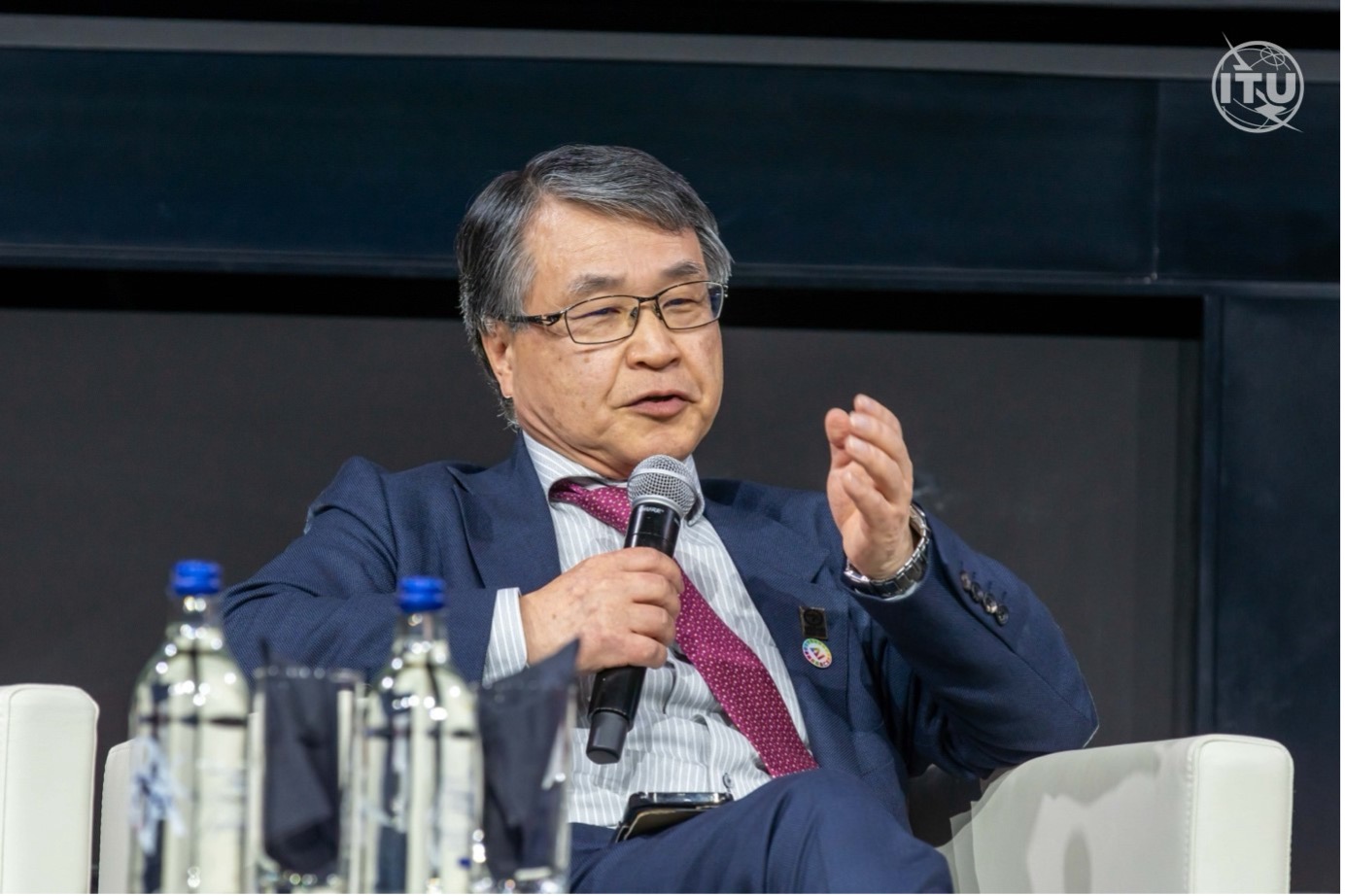
Seizo Onoe, Director of the Telecommunication Standardization Bureau (TSB), International Telecommunication Union (ITU)
Addressing AI-specific issues
When it comes to AI-specific standards, Metzger highlighted four key areas of focus: trustworthiness, sustainability, functional safety, and data quality.
“We have guidance on addressing societal concerns, ethical considerations, and explainability of machine learning models. We are also working on the treatment of unwanted bias and human oversight of AI systems.” (Philippe Metzger)
IEC Secretary-General Metzger pointed out the importance of sustainability in AI. Functional safety is another critical area, as well as data quality is equally essential.
“We are looking at how AI systems can be created and operated in a sustainable way, including their carbon impact. […] In the context of AI, we need to ensure that electronically controlled products and systems remain reliable and trustworthy. […] We are focusing on the characteristics, properties, and quality of data used in AI processes to ensure meaningful analytic results.” (Philippe Metzger)
ISO Secretary-General Mujica echoed these sentiments and highlighted the foundational standards developed by the joint technical committee on AI.
“One significant contribution is agreeing on definitions and terminologies. For example, we talk about AI, advanced AI, and risk, but we don’t always mean the same thing.” (Sergio Mujica)
He also mentioned the recent launch of a management standard on AI, providing practical guidance for organizations.
“It offers guidance on the implementation of AI, addressing risks, and defining responsibilities within organizations.” (Sergio Mujica)
Practical applications and future directions
ITU’s Seizo Onoe provided insights into practical applications of AI standards, citing various collaborative efforts.
“The AI for Health initiative with WHO, AI for Agriculture with FAO, and AI for Natural Disaster Management with WMO and UNEP are examples of how we are leveraging AI for global benefits.” (Seizo Onoe)
He also addressed the need to mitigate the negative aspects of emerging technologies.
“AI technology is promising for accelerating sustainable development, but we must mitigate negative impacts like deep fakes and misinformation. We are working on standards to verify the authenticity and provenance of multimedia content.” (Seizo Onoe)
In a final note, Mr. Bilel Jamoussi asked the panel if the World Standards Cooperation is effectively coordinating the AI standards landscape. The response was unanimously positive. Panelists affirmed their dedication to ongoing collaboration and inclusivity in AI standardization efforts.

Bilel Jamoussi, Deputy to the Director and Chief of Telecommunication Standardization Policy Department, International Telecommunication Union (ITU)



